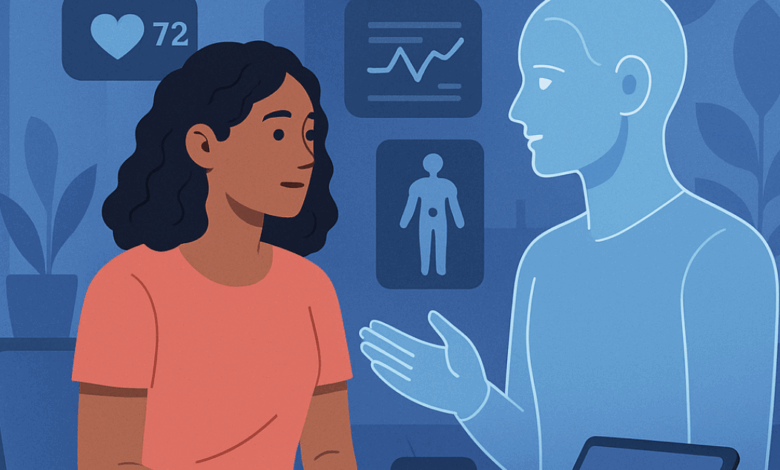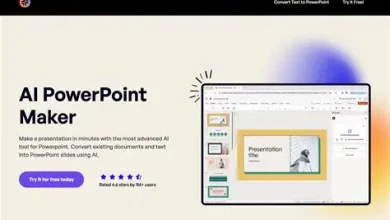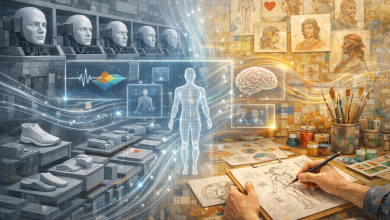
Like many of us, I love listening to the tales, anecdotes and exploits of past generations, especially those retirees from the health service. They regale stories and lore about the ground-breaking medical advances but then lament about the disruptions caused by the many failed IT systems and digital transformations.
Reflecting on my part in this, I wonder if we got digital transformation in healthcare all wrong. At the time, we seemed to have been obsessed with the allure of novel new gizmos, gadgets and computers, and didn’t really focus on the real purpose of the transformation – to deliver better health and well-being outcomes. Instead of welcoming digitalisation as a new paradigm for health care, we just seem to adopt trendy new gizmos and apply a veneer of modernisation over “fossilised ways of working”?
Sir Jim Mackey, the new CEO of NHS England, spoke about this when setting the scene for the recent launch of the new 10-year health plan for NHS England. He referred to archaic processes and outdated practices in healthcare, “some of which have barely changed since their creation in 1948”. During the recent pandemic, we rapidly learnt that such legacy thinking and archaic models, processes and practices from the last century were now obsolete in today’s contemporary digital world. As we now enter the post-digital era, pressure is again increasing to improve patient outcomes, and we are again being challenged on our fundamental assumptions about modern health care provision.
Will AI-enabled transformation be different?
As we contemplate the future of healthcare, we have a little time to reflect on and challenge what we envision for a new AI enabled health and wellness service. Unlike last time, it seems folly to just apply a veneer of AI modernisation to current legacy processes, but rather we should use the power of AI to reimagine, refactor and replace these archaic processes and practices. To do this, we need to harness everyone’s creativity and rapidly chart new skill pathways for all, augmenting and fusing all the human minds with advanced AI technologies. Now is the pivotal moment to reposition Health in this new era, if we are bold enough to seize it.
Past digital transformation only superficially changed health outcomes; previous modernisations seem to have been used to just reinforce traditional norms without dismantling these barriers to progress within healthcare. Whilst random new technologies did have some localised successes, these were not scalable; instead, they complicate holistic efforts to aggregate data and achieve interoperability. Instead of transforming how we care, we extended and gave a lifeline to old, siloed ways of thinking and working, failing to challenge the processes, politics or outdated thinking.
The ability to make agile, informed technology decisions is already becoming critical. By integrating clinical intent with multimodal data, nuanced behaviours and anticipation of needs, AI solutions are already providing a capability to respond with contextual precision, e.g. AI algorithms to detect strokes, facial expression and pain assessment app and early cancer detection.
It is now time for an AI-enabled corporate transformation of health and well-being provision, but this time with a radical change in perspective. The first step is to reimagine roles and link innovation, ideas, people, and data. Legacy operational models will not work in the AI era, but will the ‘uberisation’ of healthcare be the answer?
Healthcare in the AI Era
AI is expanding our potential by automating tasks and by integrating autonomous AI agents into the health service. These agents drive operational transformation but still face challenges like data privacy, security, and fairness. However, with strong governance and partnerships, AI does promise increased performance and effectiveness whilst reshaping traditional patterns.
The NHS has already prepared for this by embracing the new AI and Digital Healthcare Technologies Capability Framework, upskilling the workforce to deliver a digitally transformed healthcare environment. In an increasingly complex environment, AI-fuelled innovation and collaboration with AI can and will enable the vision of an integrated, augmented, and modern health system.
The upcoming decade is projected to fundamentally transform the practice of medicine and the delivery of healthcare. As the AI era develops, a new data-driven culture is just starting to emerge. As the healthcare workforce continues to adapt to meet the needs of our changing society, AI presents a remarkable opportunity for leaders, visionaries and disruptors to write a whole new chapter in healthcare history, a whole new set of tales, anecdotes and exploits for future retirees to regale the next generation.





